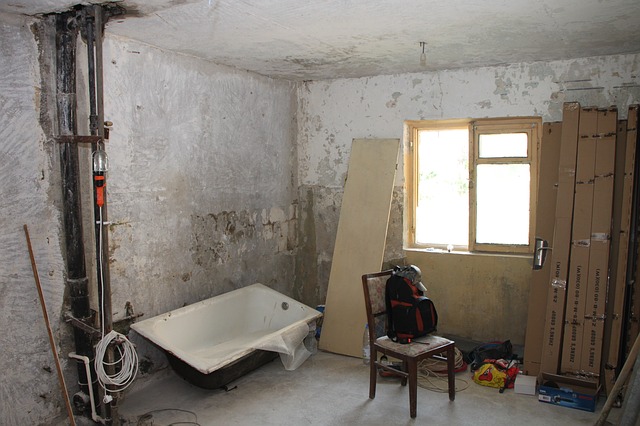A tenant guarantor is a person who vouches for your tenant and agrees to cover costs associated with rent arrears, damage to the property or other costs should the need arise. Essentially, a tenant guarantor acts an insurance policy in case the tenant defaults on rent payments or otherwise does not uphold their responsibilities in the Tenancy Agreement. So from a landlord’s perspective, why is a tenant guarantor important? And how can you ensure that your tenants’ guarantor is reliable?
Why should I request a tenant guarantor?
As stated above, a tenant guarantor is your assurance that if anything goes wrong with the tenancy, your costs will be covered. It is particularly advisable to request a tenant guarantor in situations where the tenant has a low credit score or is otherwise considered ‘high risk’, for instance if they are a student or benefits claimant. Also, if your tenant is unable to provide a suitable financial reference, a guarantor should be sought.
Realistically, though, even the most reliable-seeming tenant is only a job loss away from finding themselves unable to pay the rent – a situation which, sadly, is all too common in the present economic situation. Therefore, you may want to consider requesting a guarantor for all tenants to protect your finances.
Who can act as a tenant guarantor?
In theory, anyone who is over 18 and happy to vouch for the tenant can act as a tenant guarantor. However, if your tenant is considered at risk of default, you’ll want the guarantor to be someone who is reliable. Ideally, they should be a homeowner in steady employment with a good credit score, whose income will allow them to cover costs associated with the rent for the whole tenancy.
They should also be fully aware of their obligations as guarantor – particularly, in the case of shared or student houses, guarantors should be aware that they would likely be held jointly responsible for any arrears or damage costs, no matter which tenant is involved. Due to the nature of the law it is not possible to stipulate that a guarantor is responsible only for one tenant in these circumstances.
How do I arrange a tenant guarantor?
If you do wish to have a tenant guarantor, you should ask your tenant to provide details of a suitable candidate (who, of course, has already agreed to it!). You should then supply the guarantor with two copies of the following:
- The Tenancy Agreement – one copy should be signed and dated by the guarantor, the other is for them to keep so you can be sure they are aware of the tenant’s obligations;
- The Deed of Guarantee – this must be signed, dated and witnessed in order to be legally enforceable;
- A Guarantor Application – templates for this and the Deed of Guarantee are readily available online. The Application Form should include details of the property to be let, the personal details of the guarantor, their residency, legal history, employment history, their solicitor, accountant and character reference and a declaration to agree to a credit check.
Once these have been returned, a credit check and references should be sought. If these are satisfactory, then the individual can be confirmed as tenant guarantor and will remain so for the duration of the tenancy.
Seeking a tenant guarantor is a wise move for landlords, especially if you are renting your property to ‘risky’ tenants. It will give you protection in case of problems, and it may be that these are less likely to arise if the tenants are aware that they will be getting someone else into trouble too.




